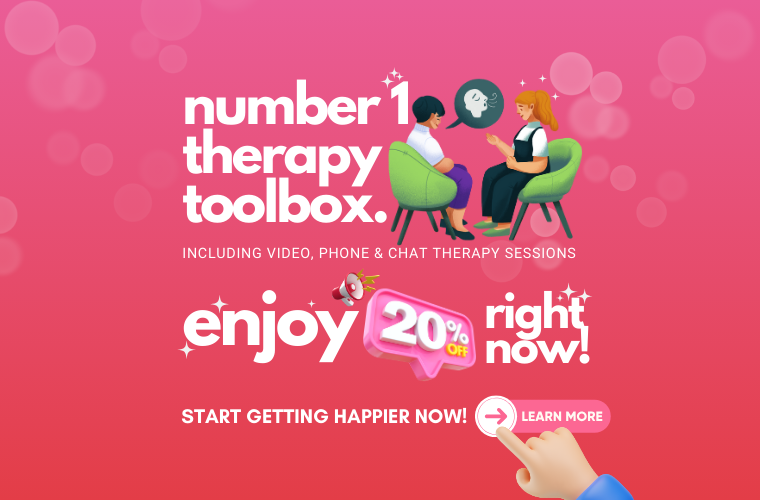Discover if you’re ready to come out with our supportive Coming Out Readiness Test. This quiz helps LGBTQ+ individuals explore emotional readiness, social factors, and personal safety before sharing their identity. Whether you’re questioning, planning, or just curious, our test provides gentle guidance to help you understand your unique journey.
Get personalized results and supportive insights to help you decide if now is the right time to come out. Take the first step toward living your truth.
Why Take the Coming Out Readiness Test?
Coming out can feel overwhelming, especially when you’re uncertain about how others will react or if you have the right support system in place. This test can:
- Help you assess your emotional readiness.
- Provide insights into your current support system.
- Highlight areas to work on before coming out.
- Offer guidance tailored to your specific situation.
By taking this test, you’ll gain clarity and actionable steps to feel more confident and secure in your decision.
How the Coming Out Readiness Test Works
The quiz includes 15 questions that evaluate your feelings, experiences, and environment. Each question has five multiple-choice answers:
- Never
- Rarely
- Sometimes
- Often
- Very Often
Each choice corresponds to a specific scoring category. Each response is directly mapped to one of three readiness categories based on the frequency of your answers. At the end of the test, your answers will reveal your readiness category, offering detailed results and recommendations. Your final readiness category is determined by the most frequent response category across all questions.
Recommendations to Prevent Challenges:
- Educate Yourself: Learn about coming-out experiences through books, articles, or online forums.
- Build a Safe Network: Surround yourself with people who uplift and support you.
- Practice Self-Compassion: Coming out is a process; it’s okay to take your time.
- Seek Professional Support: Therapists or counselors can provide valuable guidance.
- Access LGBTQ+ Resources: Reach out to organizations like PFLAG or The Trevor Project for advice and support.
Expert Reference:
Dr. Shainna Ali, a licensed mental health counsellor, discusses the cyclical nature of coming out and emphasizes the importance of recognizing and preparing for the challenges involved. Read more at Psychology Today.
The National Sexual Violence Resource Center provides insights into the coming-out process, highlighting the significance of considering one’s emotional and physical environment to ensure a positive experience. Learn more at NSVRC.
Important Note:
This test is not a diagnostic tool but a reflective guide to help you assess your readiness to come out. It’s okay to take small steps and seek support along the way.
Instructions:
- Answer each question honestly based on your current feelings and experiences.
- Choose the option that best describes how often each statement applies to you.
- Your final readiness category is based on the most frequent response category.
Disclaimer:
This test is for informational purposes only and should not replace professional advice or counseling. If you feel unsure or unsafe, please consult a trusted professional.
Curious about your gender identity? Take the LGBTQ Test.
Related quiz that you can take:
- Lesbian Test
- What type of lesbian am I quiz
- Kinsey scale test
- Am I a Pansexual Quiz
- Asexuality Spectrum Test
- Gender Dysphoria Test
- Am I Straight Quiz
- Question of
I feel emotionally ready to share my truth with others.
- Never
- Rarely
- Sometimes
- Often
- Very Often
Correct Wrong
- Question of
I have a trusted support system to turn to for help.
- Never
- Rarely
- Sometimes
- Often
- Very Often
Correct Wrong
- Question of
My physical safety would not be at risk if I came out.
- Never
- Rarely
- Sometimes
- Often
- Very Often
Correct Wrong
- Question of
I understand the challenges and benefits of coming out.
- Never
- Rarely
- Sometimes
- Often
- Very Often
Correct Wrong
- Question of
I feel confident in handling negative reactions.
- Never
- Rarely
- Sometimes
- Often
- Very Often
Correct Wrong
- Question of
I have access to LGBTQ+ resources and support groups.
- Never
- Rarely
- Sometimes
- Often
- Very Often
Correct Wrong
- Question of
I’ve practiced how I would share my story.
- Never
- Rarely
- Sometimes
- Often
- Very Often
Correct Wrong
- Question of
I feel comfortable discussing my identity with close friends.
- Never
- Rarely
- Sometimes
- Often
- Very Often
Correct Wrong
- Question of
I know someone who would support me unconditionally.
- Never
- Rarely
- Sometimes
- Often
- Very Often
Correct Wrong
- Question of
I’m aware of my rights and protections in my area.
- Never
- Rarely
- Sometimes
- Often
- Very Often
Correct Wrong
- Question of
I’ve researched other people’s coming-out experiences.
- Never
- Rarely
- Sometimes
- Often
- Very Often
Correct Wrong
- Question of
I’ve identified someone I trust to confide in first.
- Never
- Rarely
- Sometimes
- Often
- Very Often
Correct Wrong
- Question of
I feel safe expressing my identity in my current environment.
- Never
- Rarely
- Sometimes
- Often
- Very Often
Correct Wrong
- Question of
I’ve considered the impact of coming out on my relationships.
- Never
- Rarely
- Sometimes
- Often
- Very Often
Correct Wrong
- Question of
I have strategies in place for managing stress or anxiety related to coming out.
- Never
- Rarely
- Sometimes
- Often
- Very Often
Correct Wrong


